Essential Vitamins and Minerals for Immune Health
Your Immune System, Powered by Nutrients
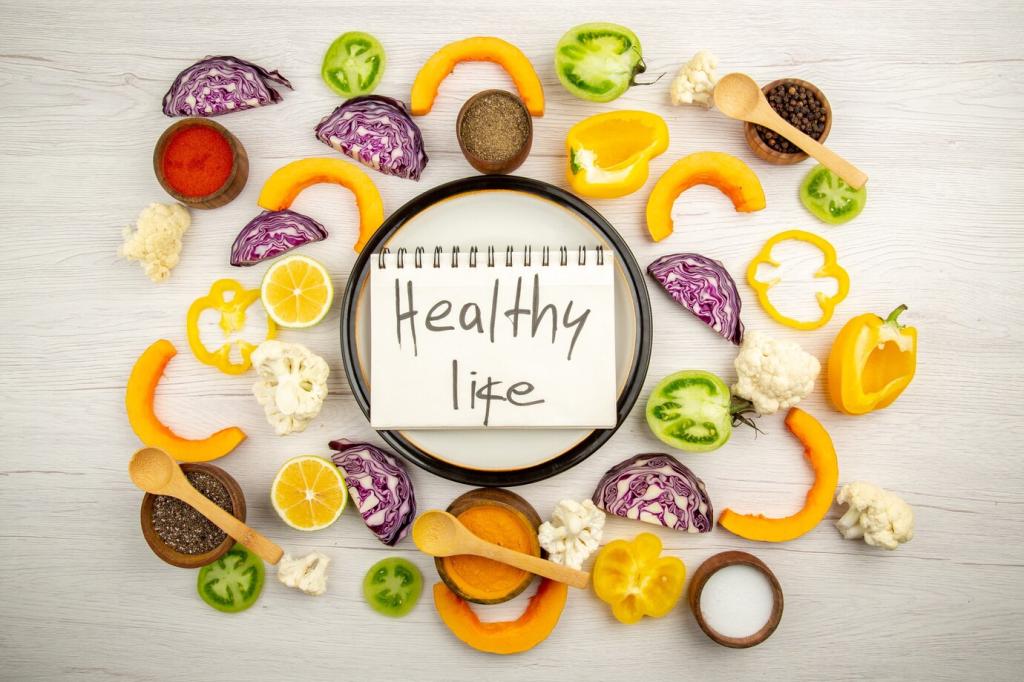
How vitamins and minerals coordinate your defenses
Think of essential vitamins and minerals as a pit crew for your immune cells. Vitamin C supports protective barriers, zinc assists cellular repair, and selenium helps enzymes neutralize oxidative stress. Share a moment when nutrient-rich meals helped you bounce back faster after a challenging week or an unexpected cold.
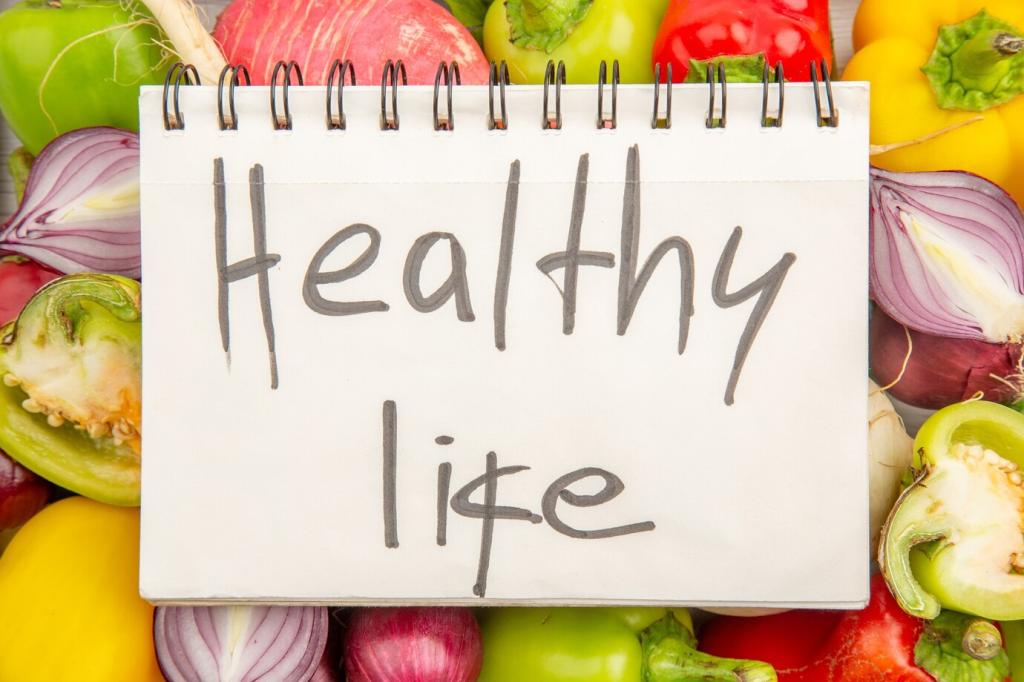
Innate and adaptive immunity need different fuel
Innate defenses respond fast and rely on zinc, copper, and iron balance, while adaptive immunity’s antibody crafting leans on vitamins A, D, E, and C. Both systems draw power from consistent, varied intake. Comment if you’ve noticed seasonal shifts in cravings that nudge you toward certain immune-supportive foods.
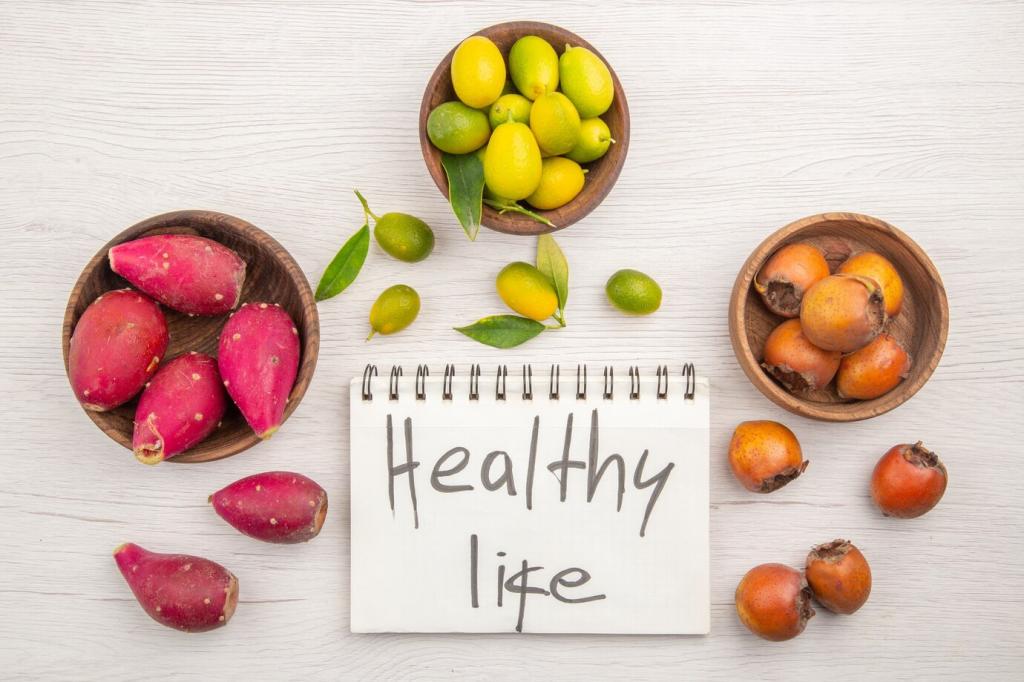
A quick myth check to ground your choices
No single vitamin is a shield. What truly matters is steady, adequate intake across many nutrients and a supportive lifestyle. Hydration, sleep, and movement amplify benefits. Tell us which myths you want debunked next, and subscribe for evidence-based breakdowns delivered in plain language.
Vitamin C, Vitamin D, and Zinc: The Trusted Trio
Vitamin C strengthens barriers and tames oxidative stress
From bell peppers to citrus, vitamin C supports collagen in skin and mucosal linings, your body’s first physical barriers. It also helps recycle other antioxidants. Share your favorite vitamin C–rich recipe and tag a friend who needs a bright, zesty boost this week.
Vitamin D helps immune cells communicate wisely
Vitamin D receptors sit on many immune cells, guiding balanced responses rather than overreactions. Limited sunlight can lower levels, especially in winter or for indoor lifestyles. Do you track your vitamin D status? Comment with questions, and subscribe for a simple seasonal strategy.
Zinc supports cell repair and viral defense
Zinc contributes to DNA synthesis, cell division, and enzymes that help your immune system respond efficiently. Beans, seeds, and seafood are reliable sources. What zinc-rich snack keeps you satisfied? Tell us, and we’ll compile community favorites into a handy guide.

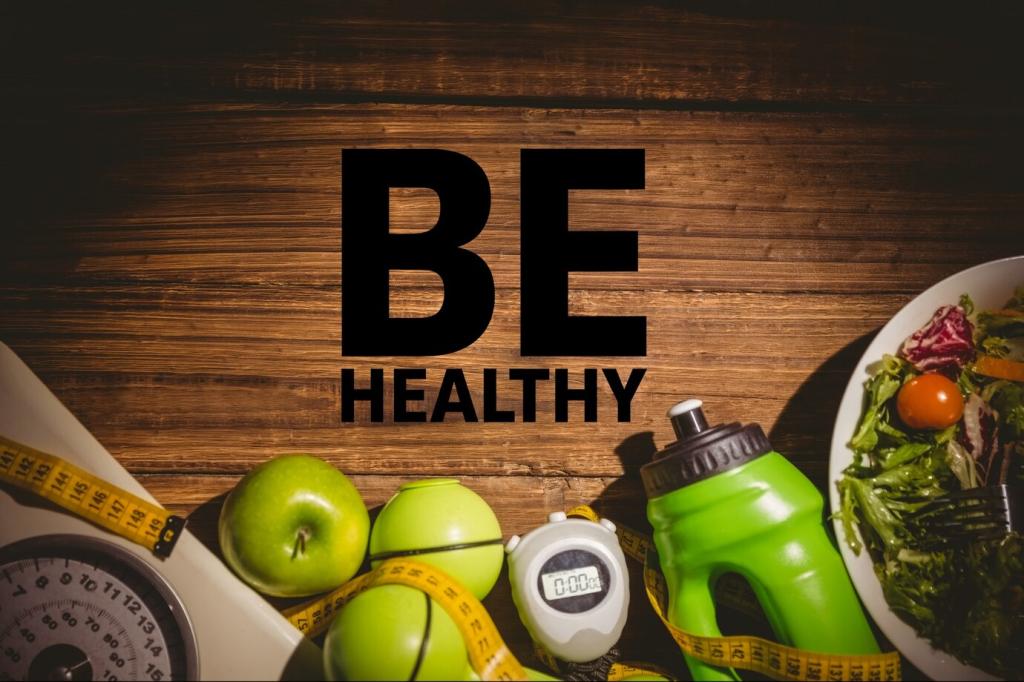
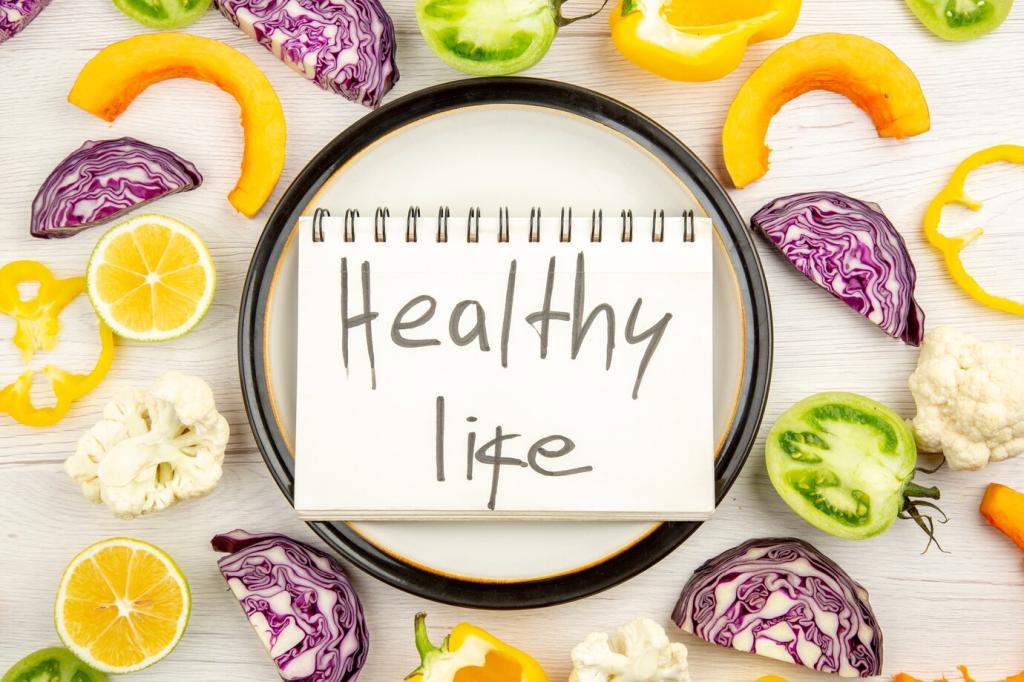
Build a Food-First Immune Plate
Eat the rainbow for broad micronutrient coverage
Vibrant produce often signals different antioxidants and vitamins. Combine red berries, orange squash, dark greens, and purple cabbage for diverse nutrients. Tell us your go-to colorful bowl, and subscribe to receive a printable checklist for effortless shopping.
Support absorption with fibers and fermentation
Fermented foods and prebiotic fibers nourish gut microbes that can influence nutrient absorption and immune signaling. Think yogurt, kefir, sauerkraut, and beans. What’s your favorite fermented staple, and how do you serve it at breakfast or lunch?
Simple meal ideas that truly satisfy
Try a citrus spinach salad with pumpkin seeds, salmon with roasted broccoli, or lentil chili topped with avocado. These combine vitamins, minerals, and healthy fats. Share your quick weeknight winner so others can bookmark it for busy evenings.
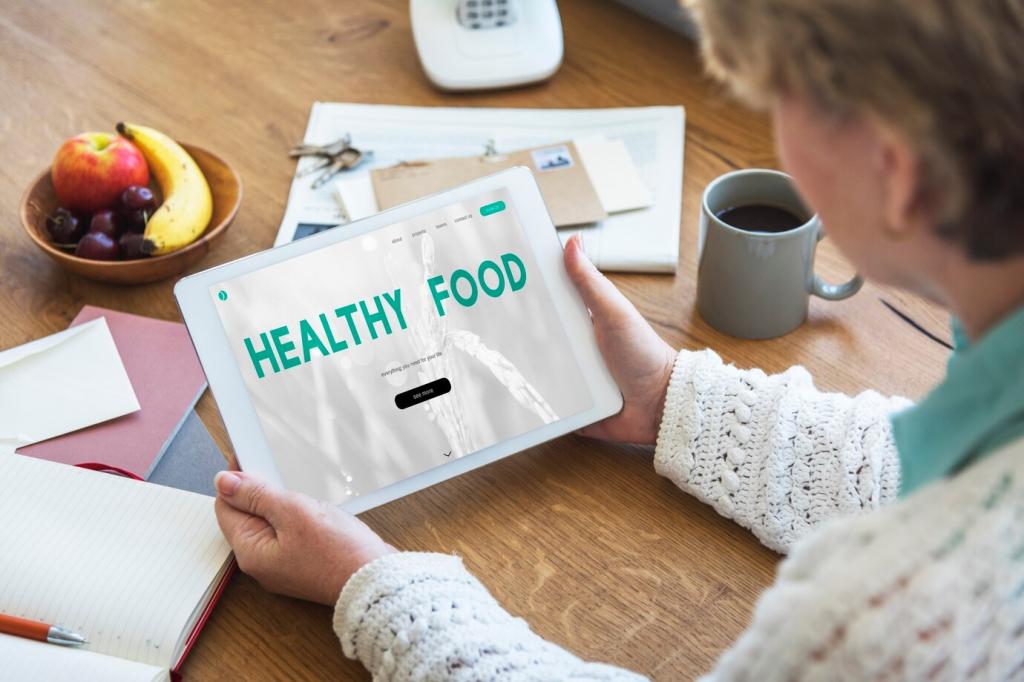
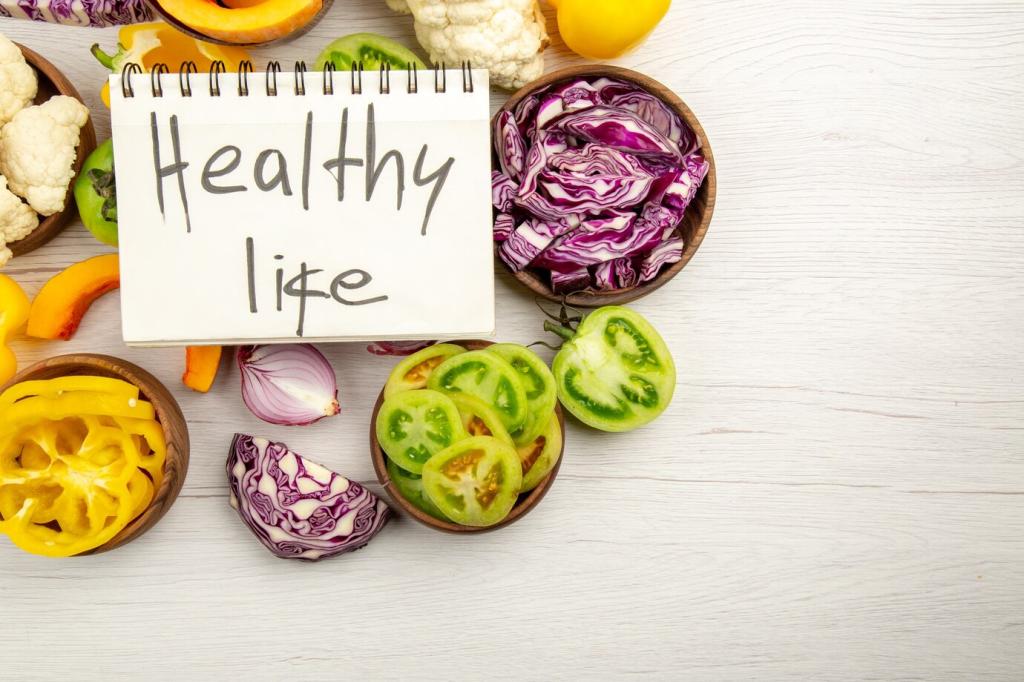
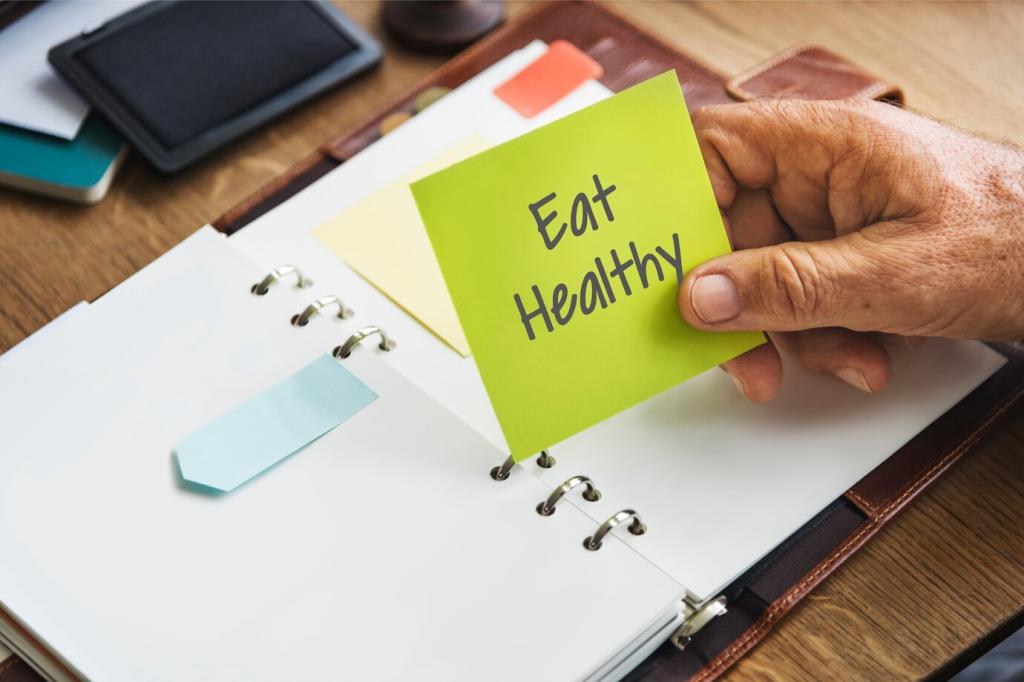
Seasons, Habits, and Everyday Routines
Short days and indoor work can challenge vitamin D status. Consider dietary sources, mindful outdoor time, and discussing testing with your clinician. Do you have a winter wellness checklist? Drop it in the comments to help others prepare.
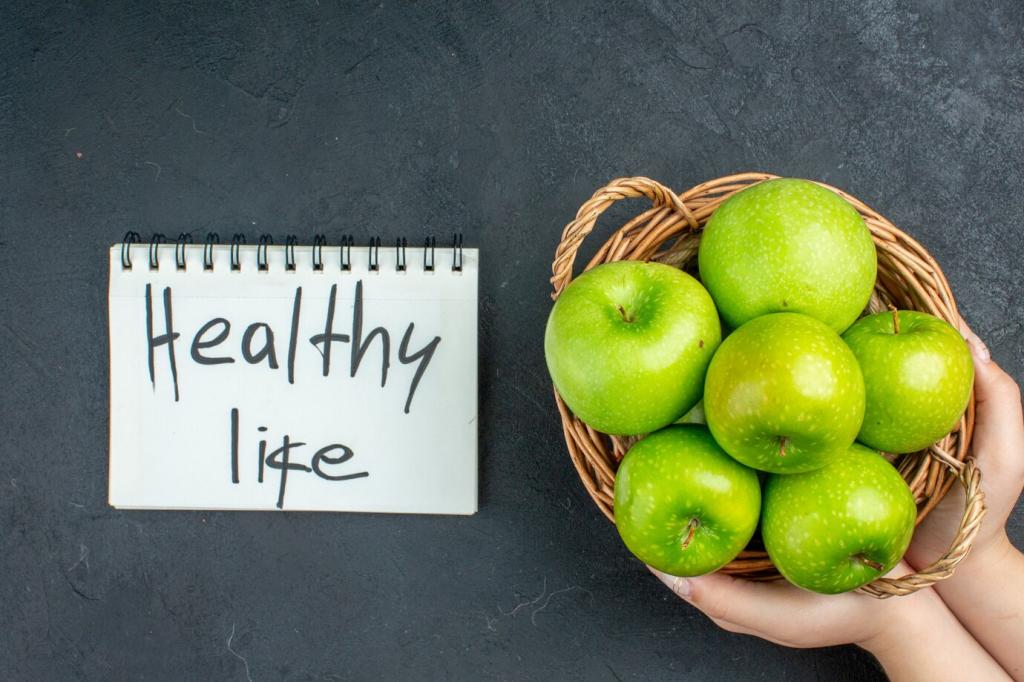
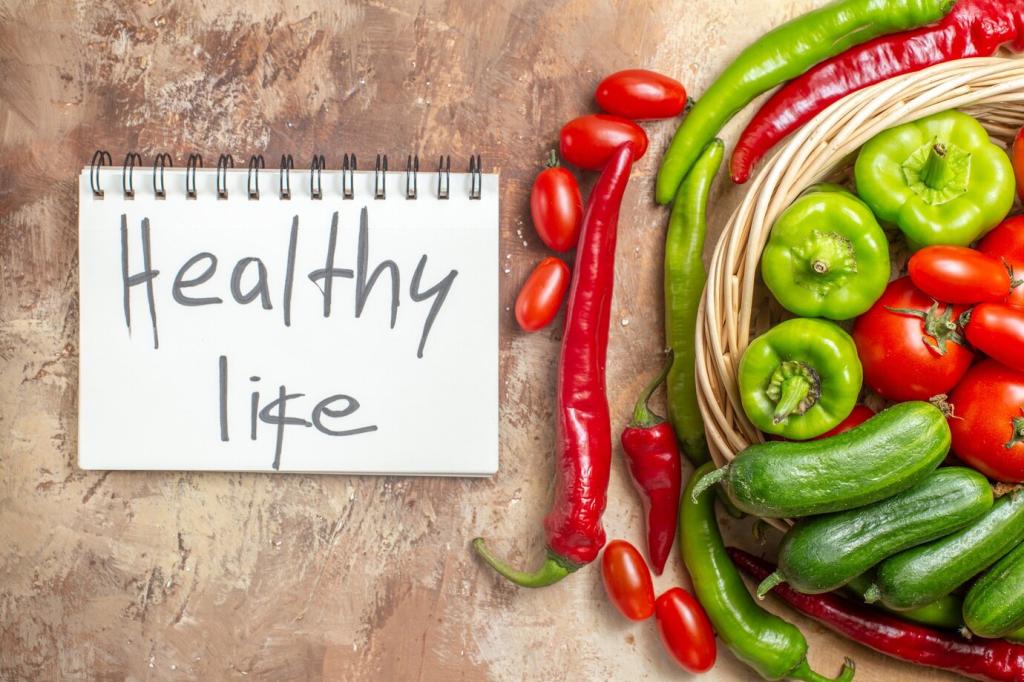
Seasons, Habits, and Everyday Routines
Pack shelf-stable vitamin C–rich snacks, mixed nuts for minerals, and hydration tools. Keep a consistent sleep routine when possible. What’s in your travel kit, and which airport foods surprisingly saved your day?
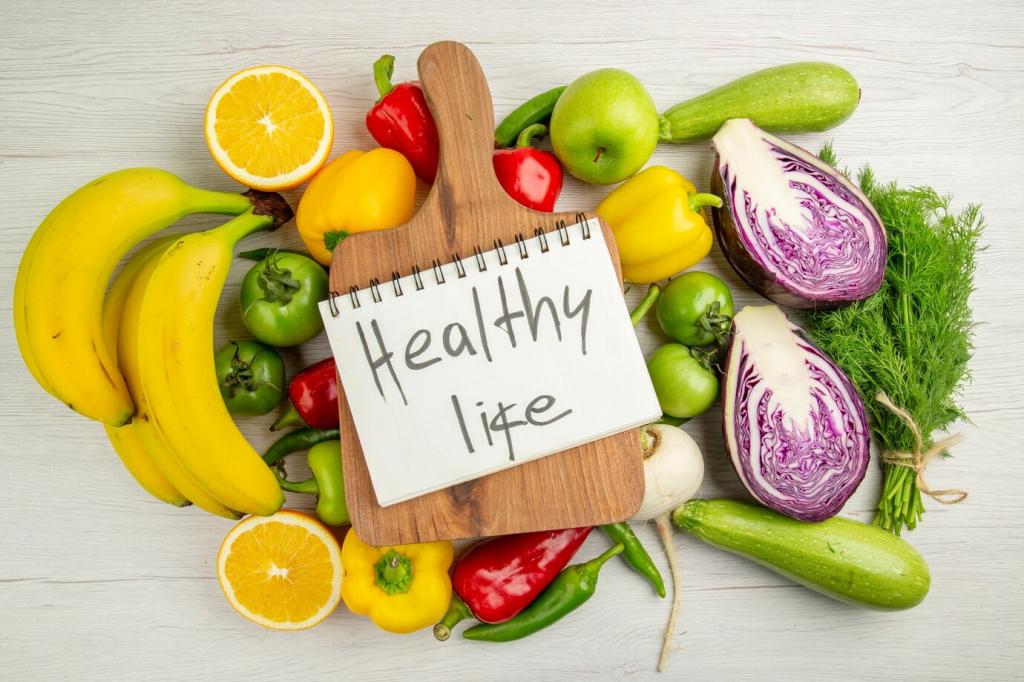
When supplements make sense
Limited sunlight, restricted diets, or life stages may warrant vitamin D, B12, iron, or zinc support. Work with your clinician for tailored dosing. Have questions about timing or combinations? Ask below, and we’ll tackle them in a future post.

Label literacy and safe ranges
Look for third-party testing, appropriate doses, and forms your body absorbs well. Avoid megadoses beyond tolerable upper limits. Tell us which labels confuse you most, and subscribe to receive our clear, printable checklist.
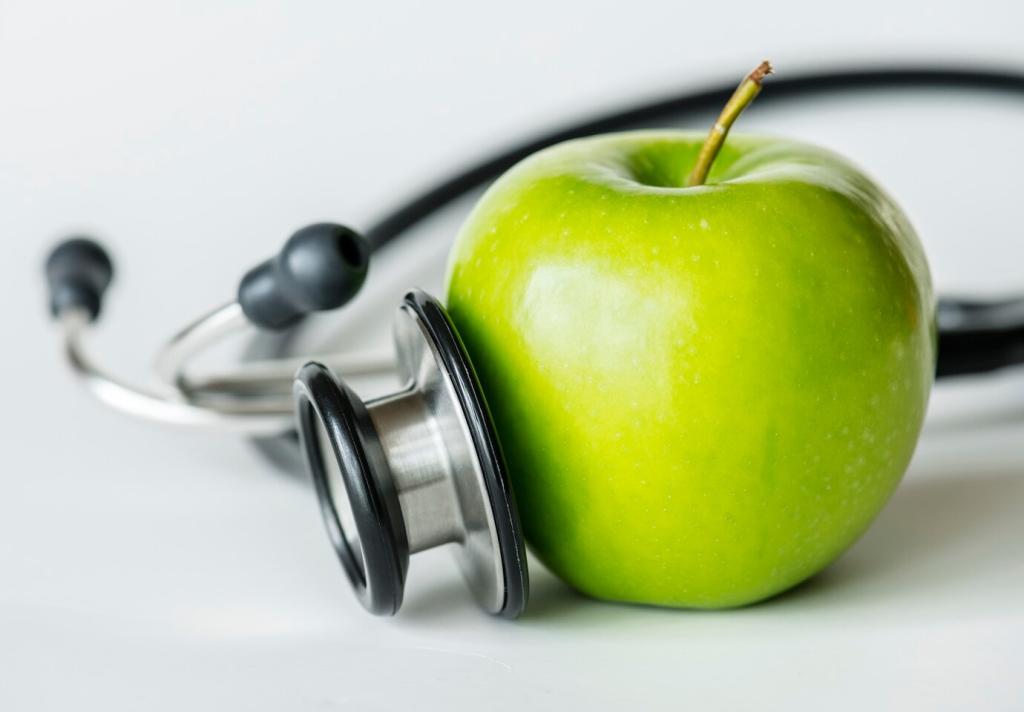
Partnering with your healthcare team
Discuss symptoms, diet patterns, and labs like vitamin D, ferritin, or zinc when appropriate. Tracking changes over time guides smarter decisions. Share your best tip for preparing appointment questions so others can feel confident and informed.
